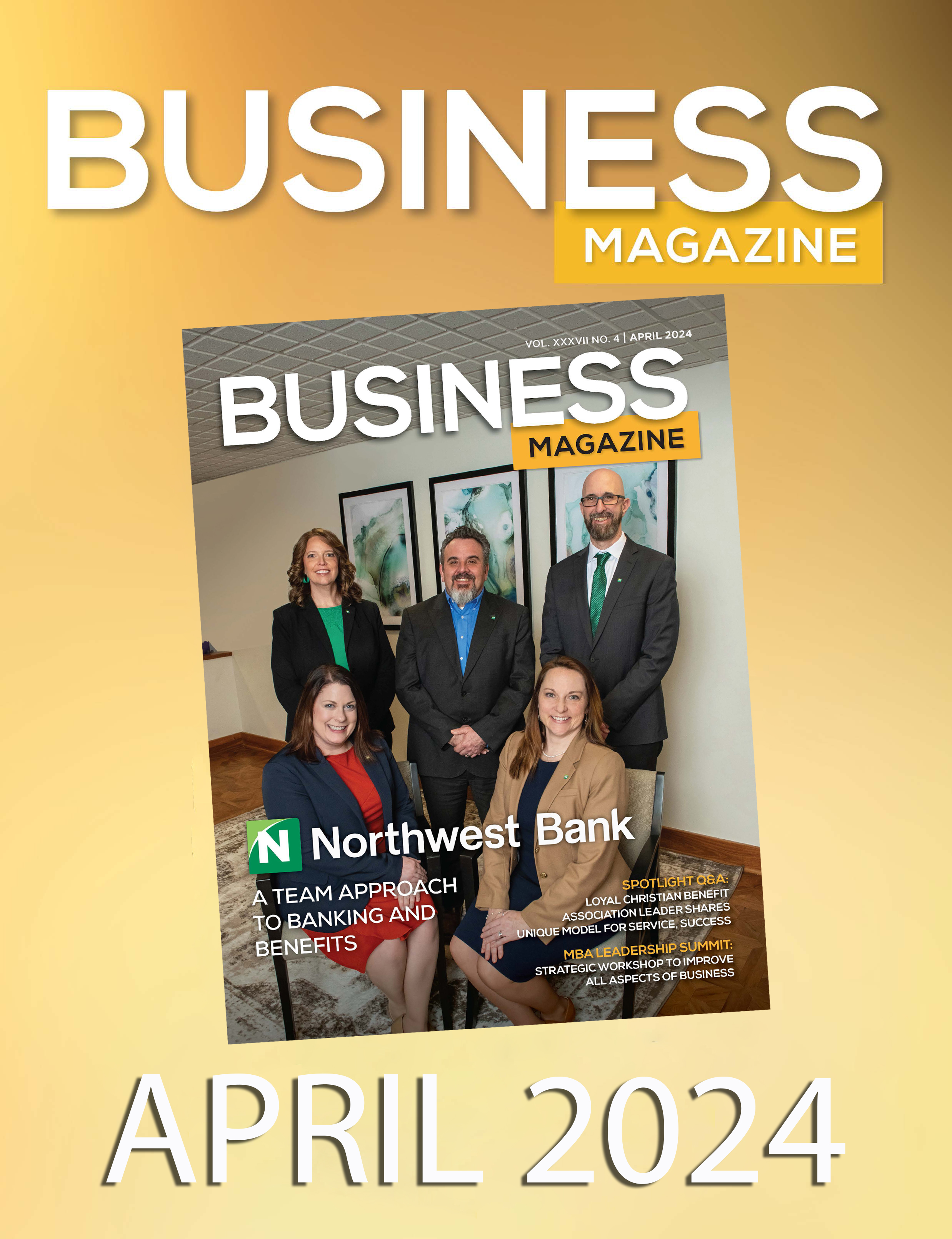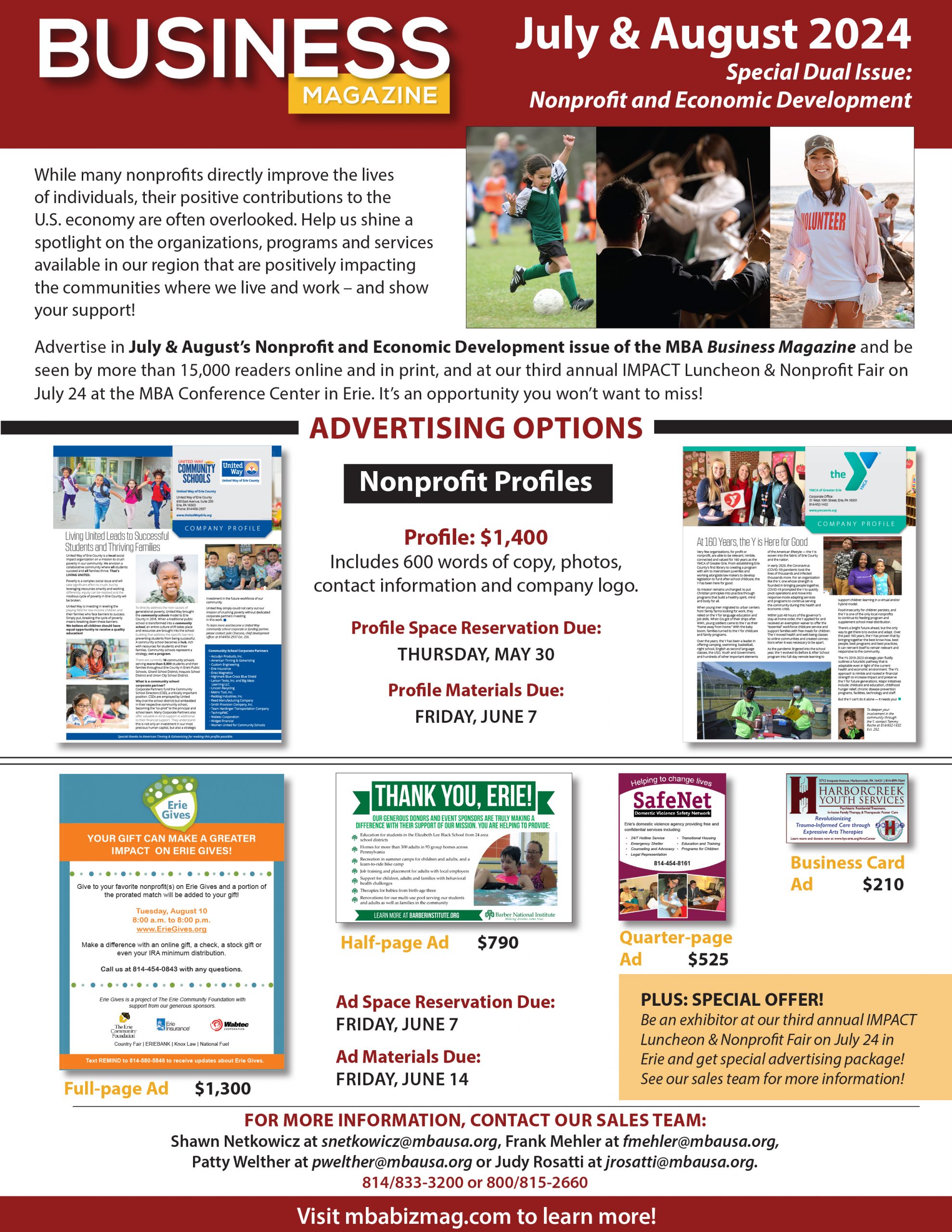Since the pandemic and Great Resignation, workers with caregiving responsibilities have become one of the fastest- growing employee identity groups, as companies focus more on supporting — and retaining — workers today and beyond.
However, most organizations don’t have the budgets that large companies do to offer targeted support programs to employees with caregiving responsibilities. Yet, experts say smaller employers can still support employees who are experiencing challenges related to being caregivers, such as:
Verbalize the value of caregiving. Sometimes, the most important thing an HR professional can do is validate the employee’s caregiving challenges and provide a listening ear. “Create a culture that is supportive and welcoming to caregivers,” says Christina Irving, client services director at the Family Caregiver Alliance. “Talk about the value of caregiving. Even if caregiving benefits exist, many caregivers don’t feel comfortable sharing that they’re caregiving. They worry sharing will have a negative impact on their career or employment.”
Be flexible with work hours and locations. Flexibility is among the most important benefits to workers with caregiving responsibilities. If an employee can’t work from home, consider part-time arrangements, job sharing or project-based work.
Explore relevant employee assistance program (EAP) benefits. Employees may know that the company’s EAP can provide resources in the event of a caregiving crisis, but they are often unaware how the program might help with general caregiving needs.
Research and share lists of free local and national community caregiving resources. Providing some “legwork” research about community resources for an employee who is experiencing a caregiving crisis can be a blessing.
Initiate employee caregiver support groups. A support group for employees with caregiving responsibilities is a simple way for employees to share their challenges of balancing work and caregiving — and it costs the employer little to nothing.
In this edition of the MBA Business Magazine, we’ll discuss the topic of caregiving and its impact on health and wellness, as well as the many new health-care resources and support services that are available in our region to assist with care and treatment.
In fact, we’ll highlight the expansion of UPMC’s cancer care and research efforts in northwestern Pennsylvania through UPMC Hillman Cancer Center, UPMC Hamot and the Magee-Womens Research Institute.
We’ll also hear from Home Instead President Dianne Cunningham about the growing demand for elder care services and how her organization is providing support.
Plus, don’t miss our article on how Pittsburgh-born billionaire Mark Cuban is getting it right on lowering the cost of prescription drugs.
To learn more about health-care coverage plans and other employee benefit options, visit mbausa.org.













